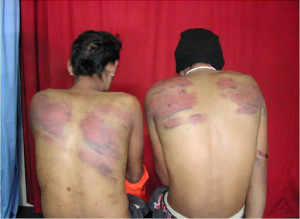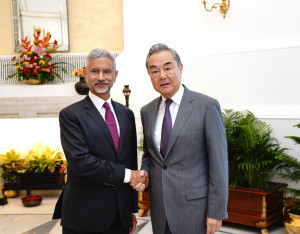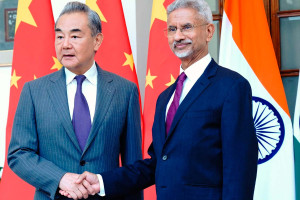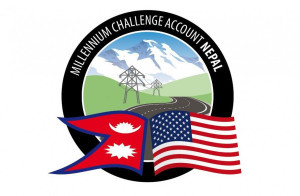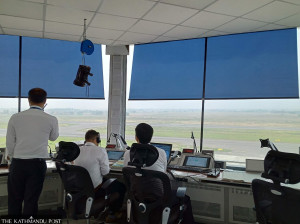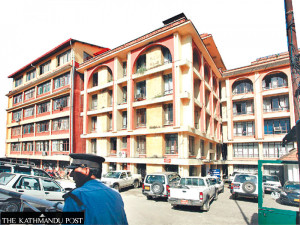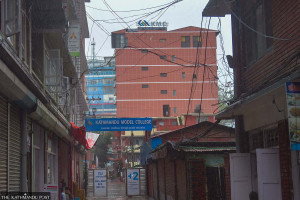National
Truth commission receives over 11,000 fresh complaints from conflict victims
Large number of cases from victims of sexual violence who refused to register earlier.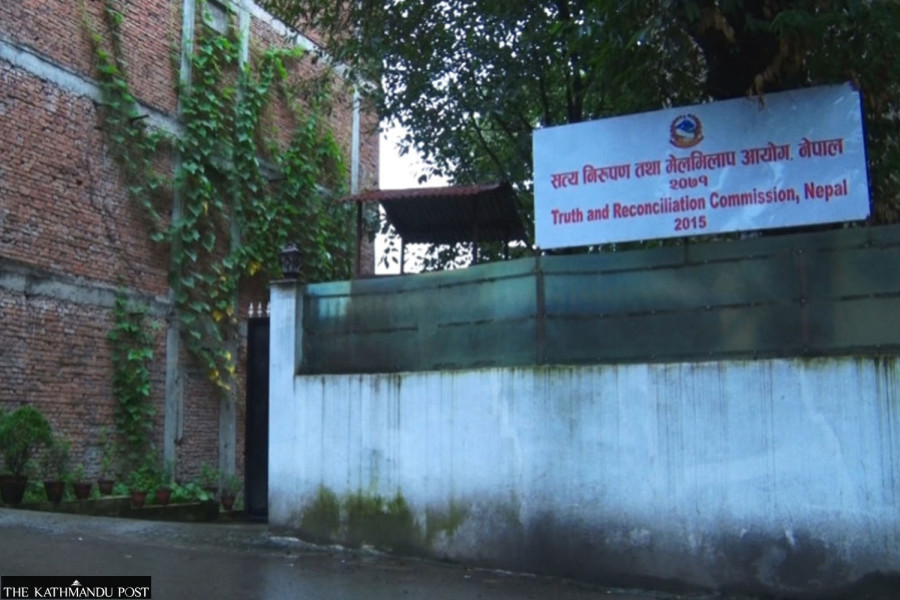
Binod Ghimire
While some insurgency-era victims are fighting a legal battle challenging the amended Transitional Justice Act and the legitimacy of the office bearers appointed in the two transitional justice commissions back in May, others have registered complaints as called for by the commissions.
On May 18, a day after new commissioners assumed office, the Truth and Reconciliation Commission and the Commission of Investigation on Enforced Disappeared Persons called for complaints from the survivors of the Maoist insurgency who could not file cases in the past, within a three-month deadline.
The truth commission has received over 11,000 new complaints. A large number of such complaints are from the victims of sexual violence and rape who had refused to register earlier. The disappearance commission, on the other hand, has received 48 complaints.
Achyut Prasad Bhandari, a member and spokesperson for the truth commission, said that while around 7,000 complaints were registered in the commission’s Kathmandu-based central office, others were collected from the various district attorney offices.
“We haven’t been able to collect data from all the districts. More complaints are expected to filed by the victims of sexual violence and rape tomorrow [Thursday]. The total number could easily surpass 15,000,” Bhandari told the Post. “It’s more than what we had anticipated.”
The Act, amended in August last year, provided three more months for the victims—who could not register their complaints in the past for various reasons—to lodge their cases. If the claims of those involved in the legislation are anything to go by, the provision was introduced targeting the victims of rape and other sexual violence.
Of the 63,718 complaints registered with the truth commission, only 314 are related to rape and sexual violence. Very few victims lodged complaints as they were not convinced their records would be kept confidential.
National Association of Conflict Rape Victims, a network of Conflict-related sexual violence victims, which had earlier criticised the commission’s call, took the initiative to collect complaints from across the nation.
Even before the office-bearers were appointed on May 14, the association had submitted 794 sealed applications to the commission, with the condition that they would be formally registered with the victims’ consent. It, however, had refused to give consent earlier, expressing reservations over the appointment of a five-member team each in the two commissions.
“Our registration is conditional. We only submitted the incident report of the victims with code numbers without disclosing their identity,” Devi Khadka, coordinator of the association, told the Post. “We will submit the details only if our conditions are met.”
Apology from the commission’s leadership for calling the applications by ignoring the sensitivity of the matter, preparation of separate working procedures to look after the cases of sexual violence and rape, setting up separate units to deal with such cases and ensuring at least two victims’ representives in such units are the conditions put forth by the association. The association alone has submitted 3,800 cases.
Shreejana Pokhrel, a member and spokesperson for the disappearance commission, claimed that even those who are criticising the commissions publicly helped file the cases. “We welcome their move. At least they realised the victims should not be left out of the process,” she told the Post.
A section of the victims has been refusing to cooperate with the commissions. They have even lodged a writ petition at the Supreme Court challenging the appointments and some provisions of the Act. A total of 334 conflict victims demanded the revocation of the appointments made in both the TRC and the CIEDP, claiming that the selection was against the constitution and relevant laws.
Suman Adhikari, one of the petitioners, said that even though they don’t intend to engage with the present leadership, they have not stopped anyone from registering the complaints.
“We have left it up to the individuals whether to file the complaints. Also, just the act of filing complaints doesn’t amount to the acceptance of the process,” Adhikari told the Post.
“We heard that leaders of some parties had set up desks to collect the complaints, giving room to doubt the credibility of the collection process. The figures on the number of complaints filed are inflated.”
However, Bhagiram Chaudhary, a former chair of the Conflict Victims’ Common Platform, who was actively involved in collecting the complaints, said the victims left out of the process were eager to file their cases.
“Some of our friends might have been rejecting the process, but most victims are ready to cooperate with the commissions,” he told the Post. “To my knowledge, the call for rejection failed to appeal to over 90 percent of the victims. The number of cases is a testimony of the support of the vast majority of the victims.”




 20.9°C Kathmandu
20.9°C Kathmandu








